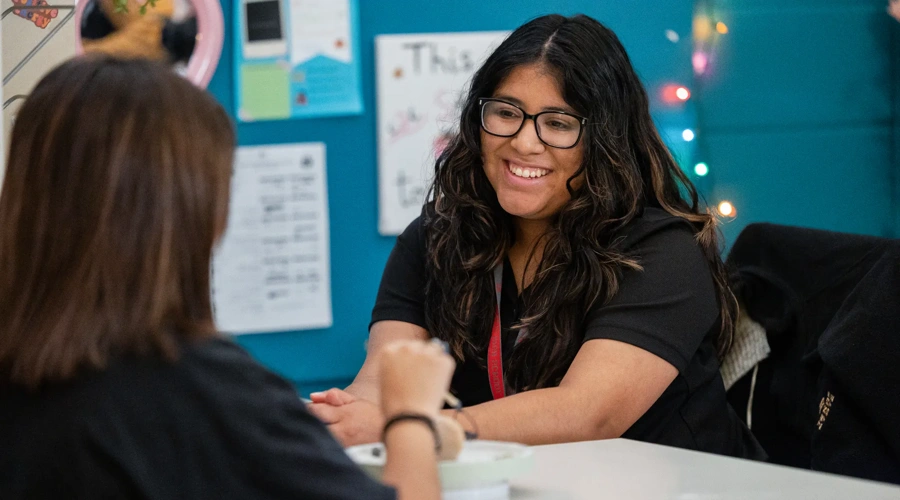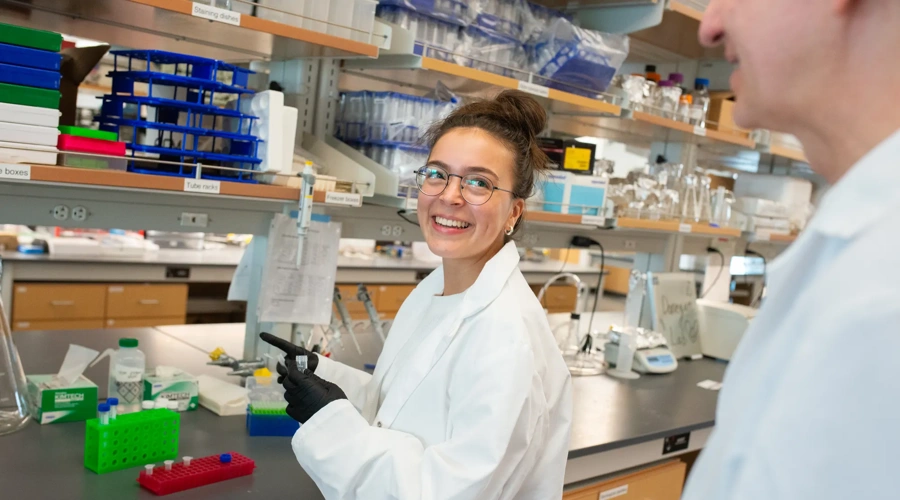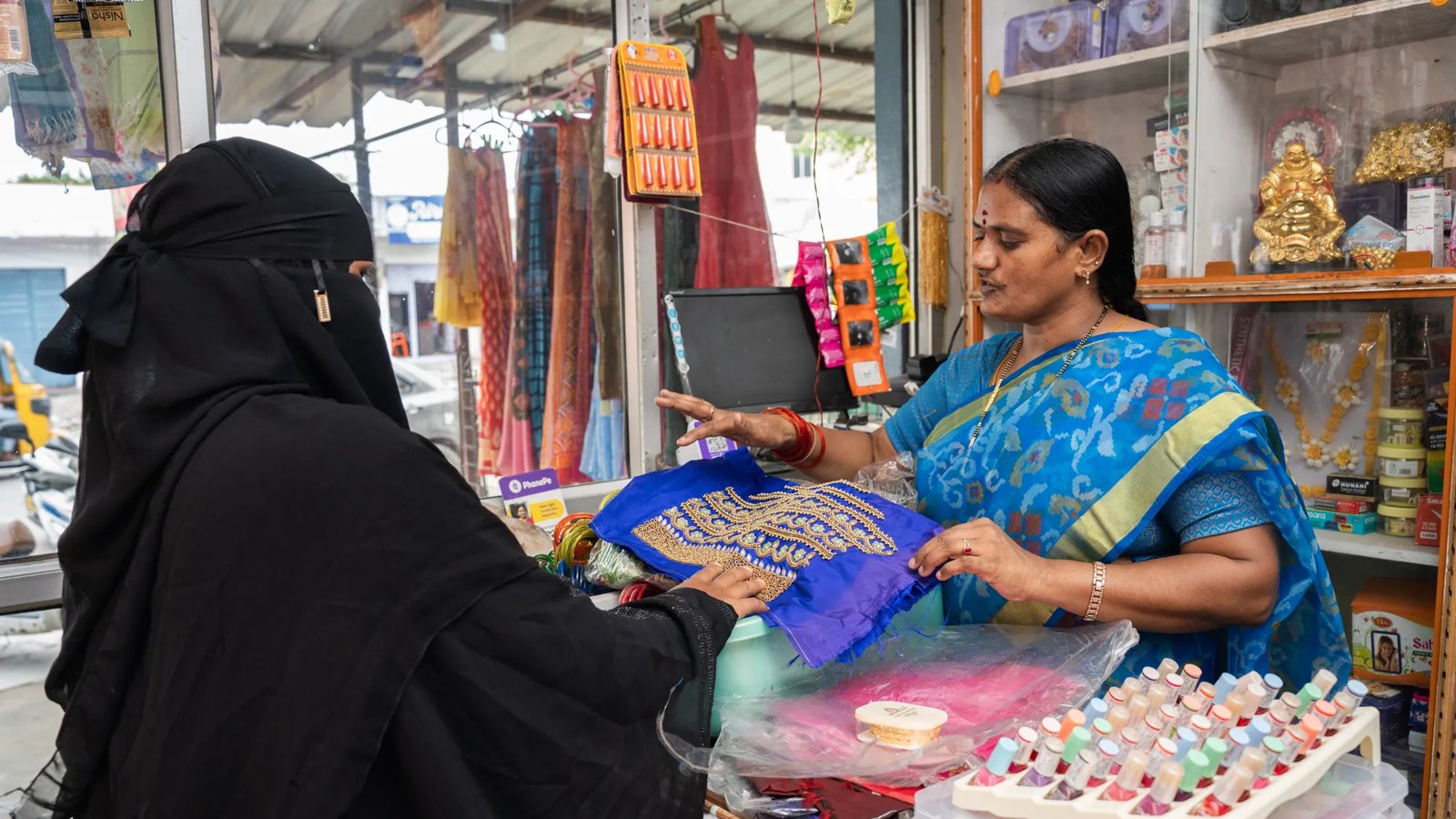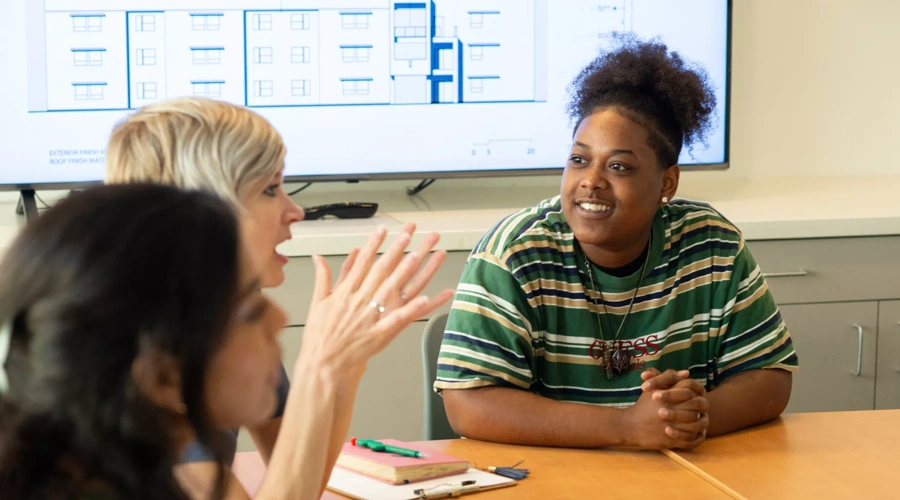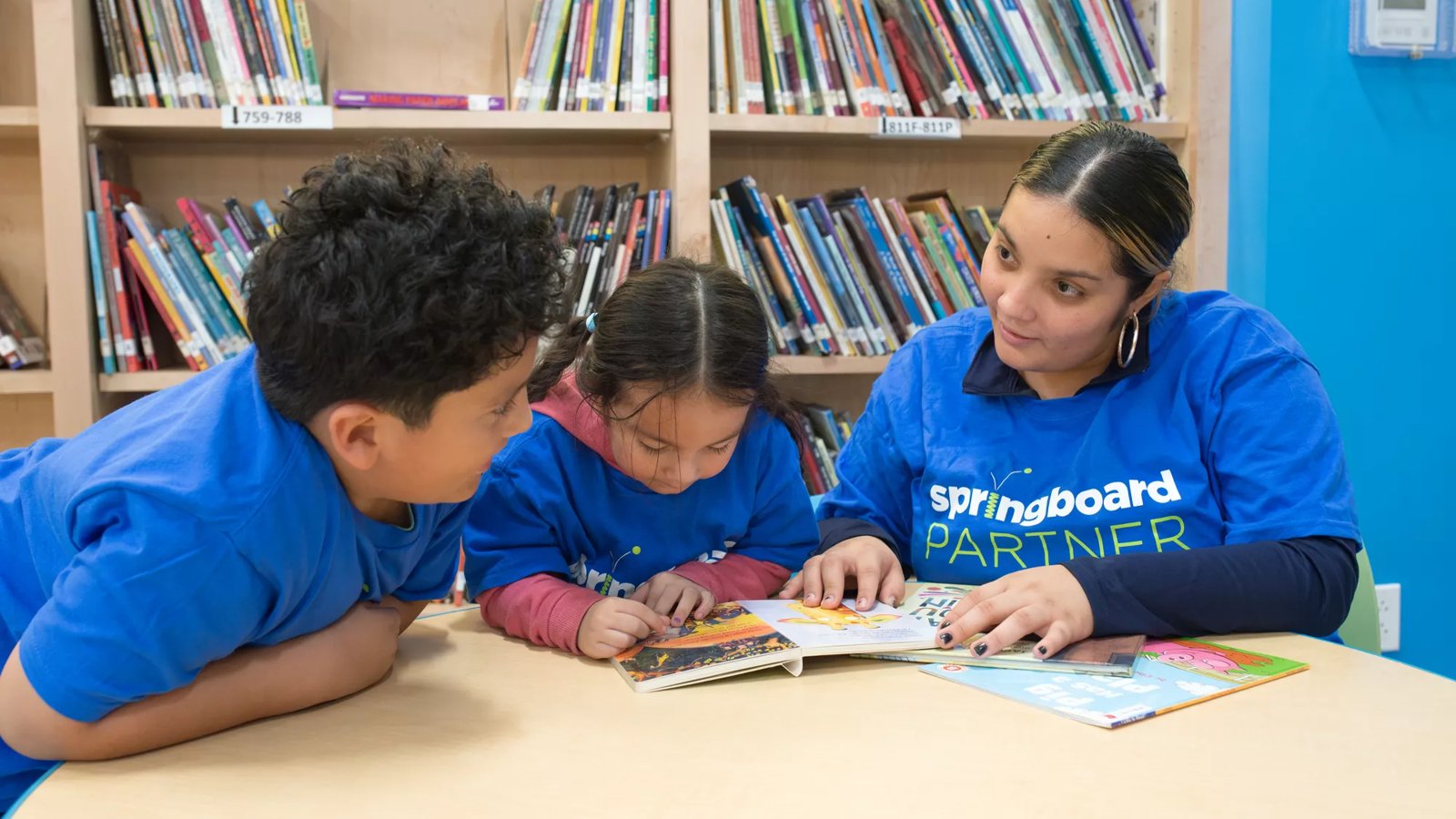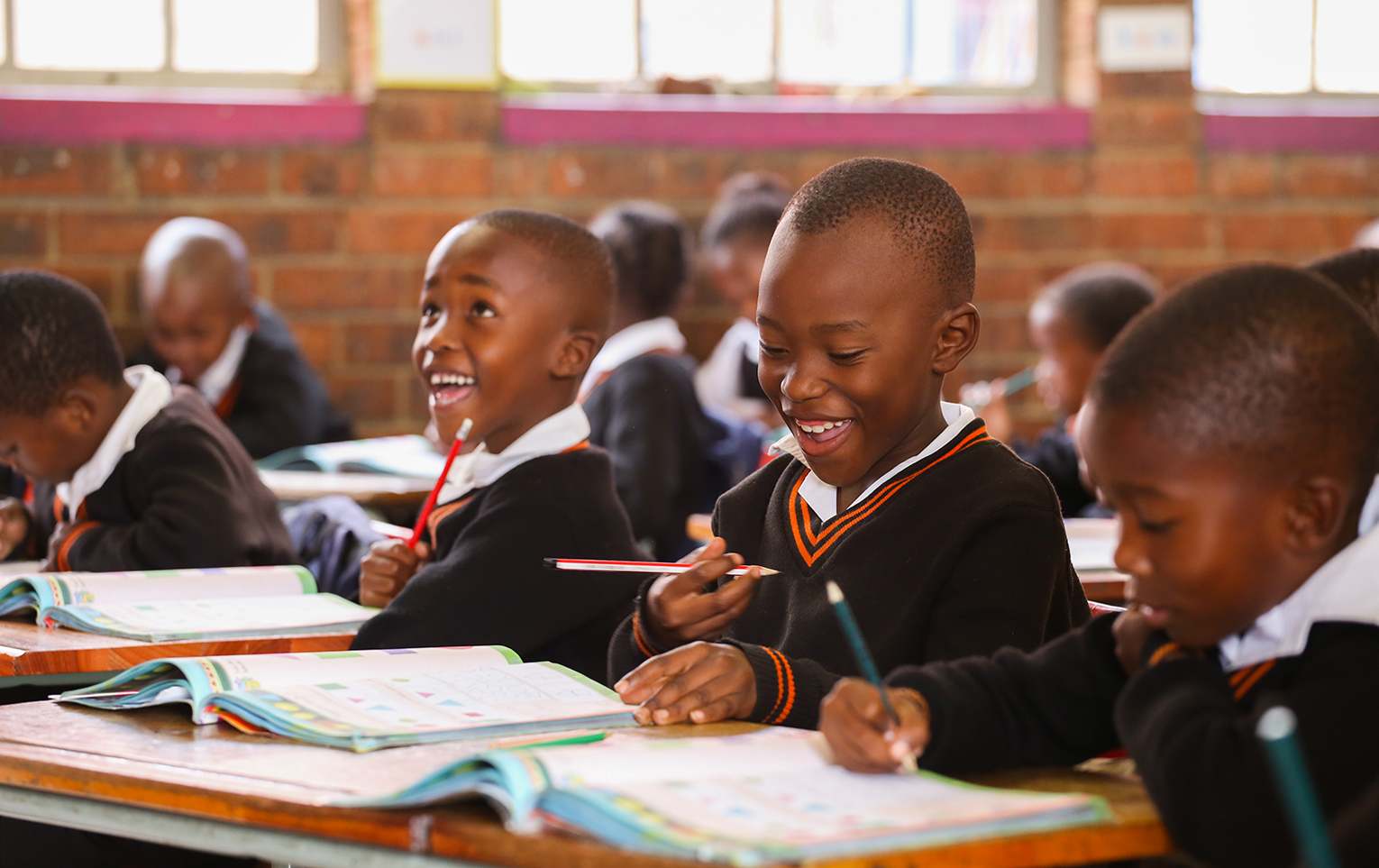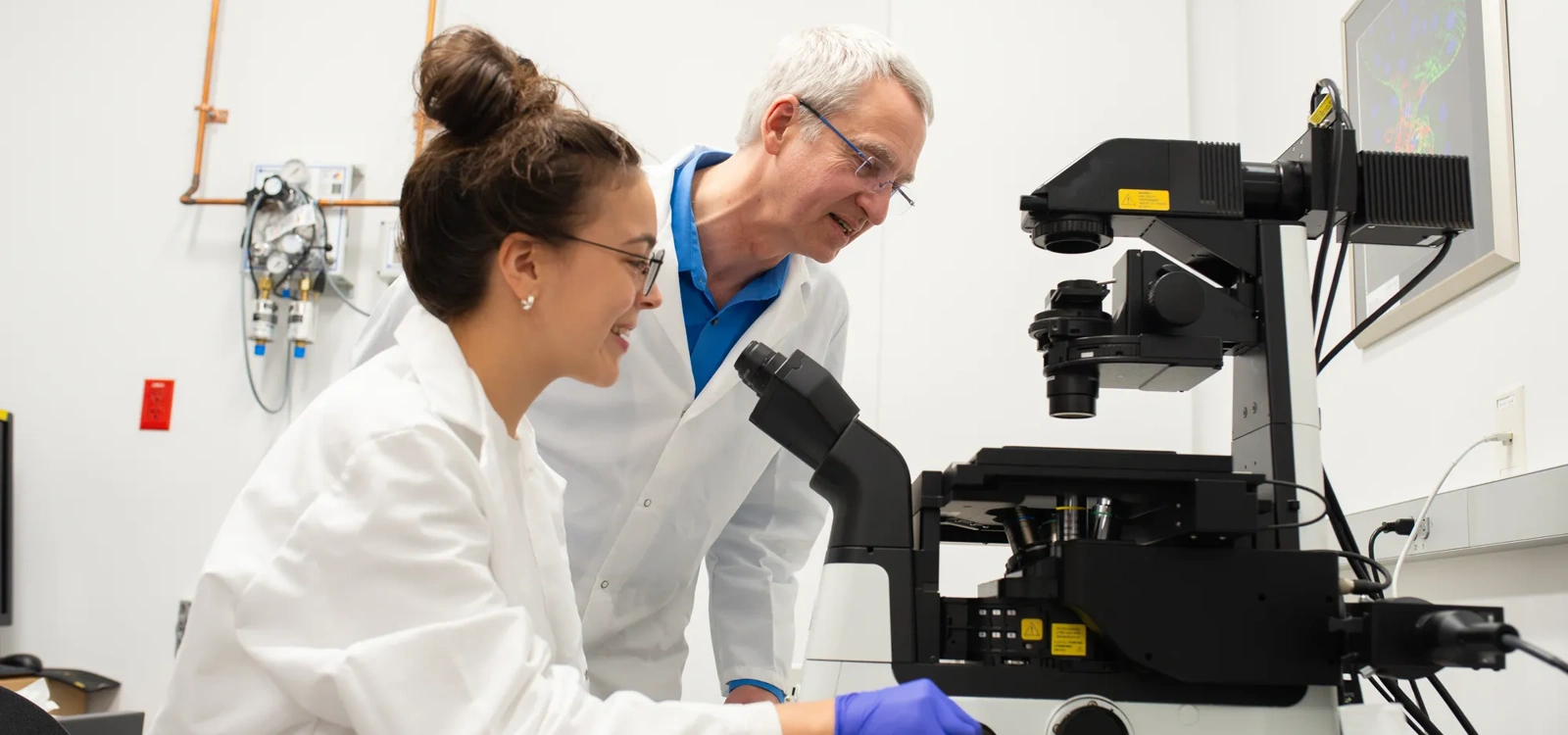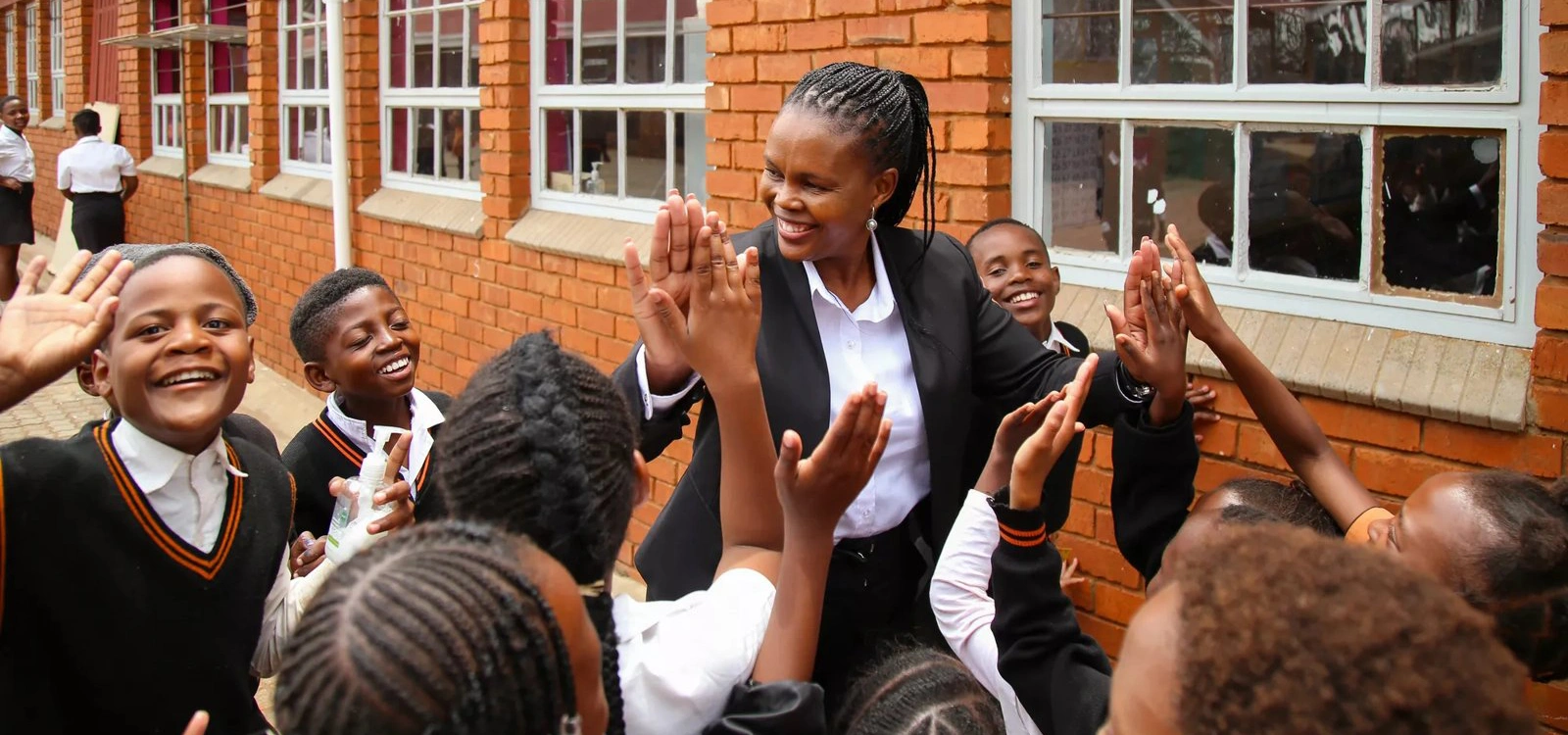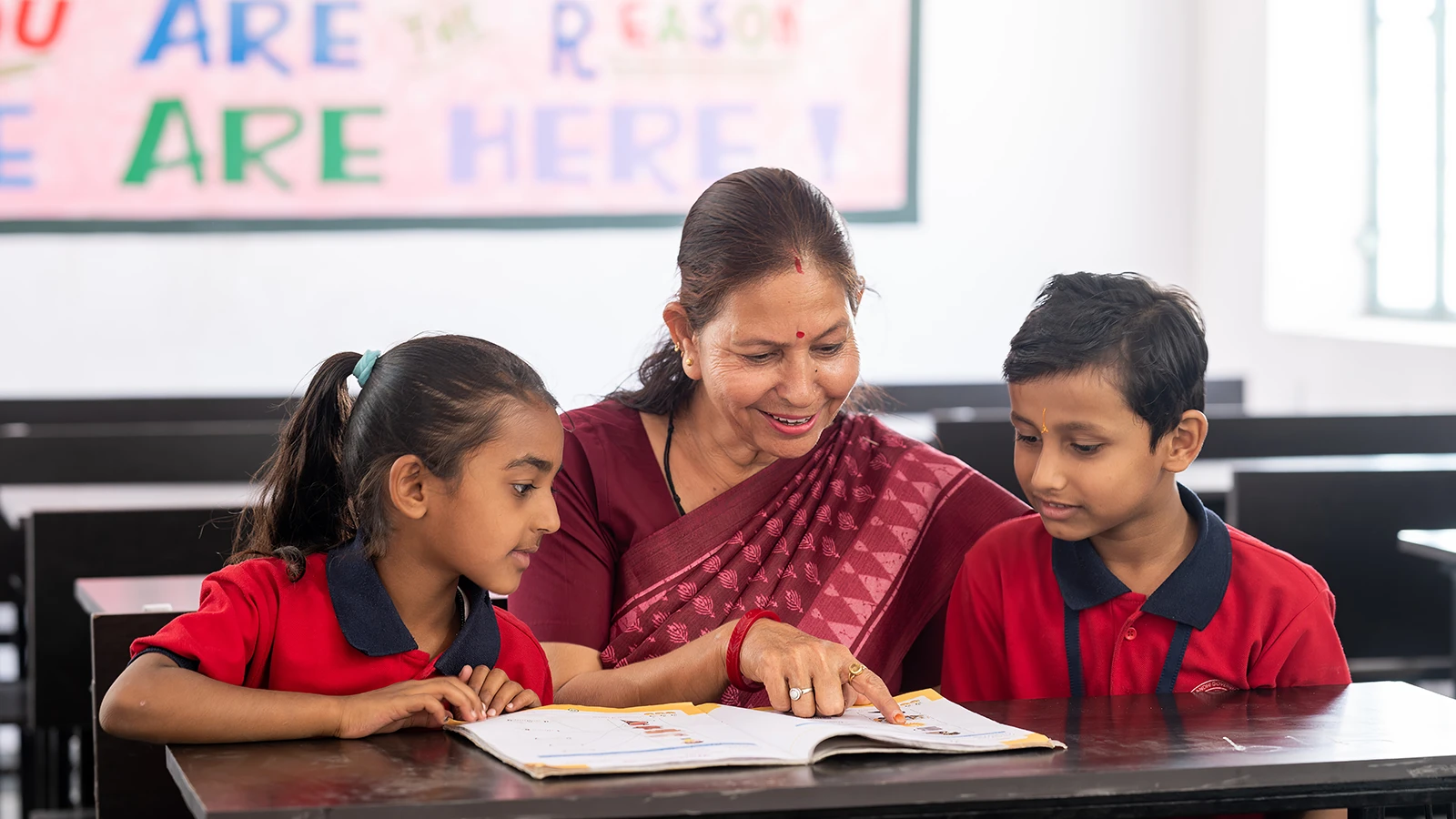Austin’s Youth Steer the Future at Lifeworks
Ideas in Action
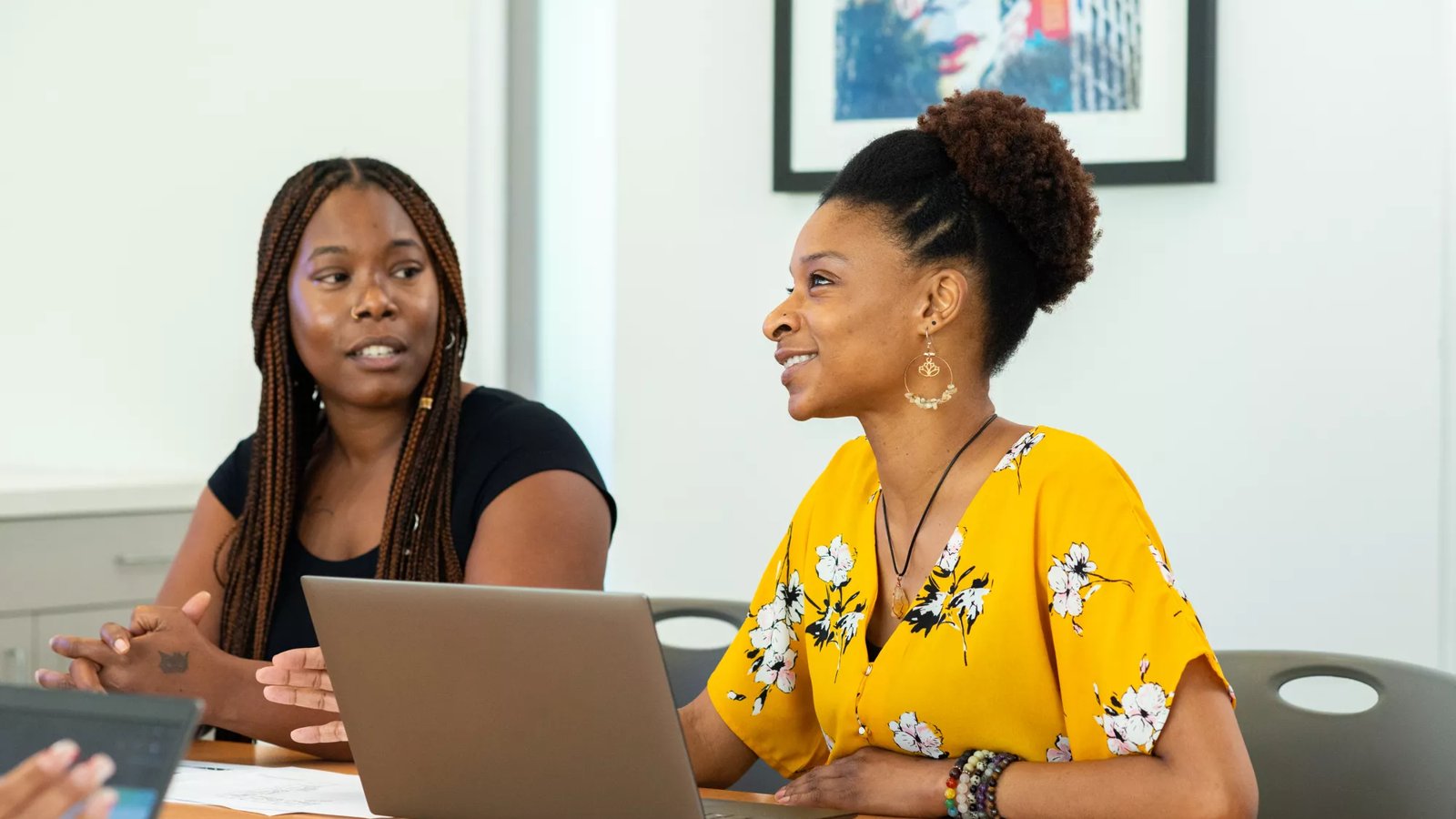
November 12, 2024
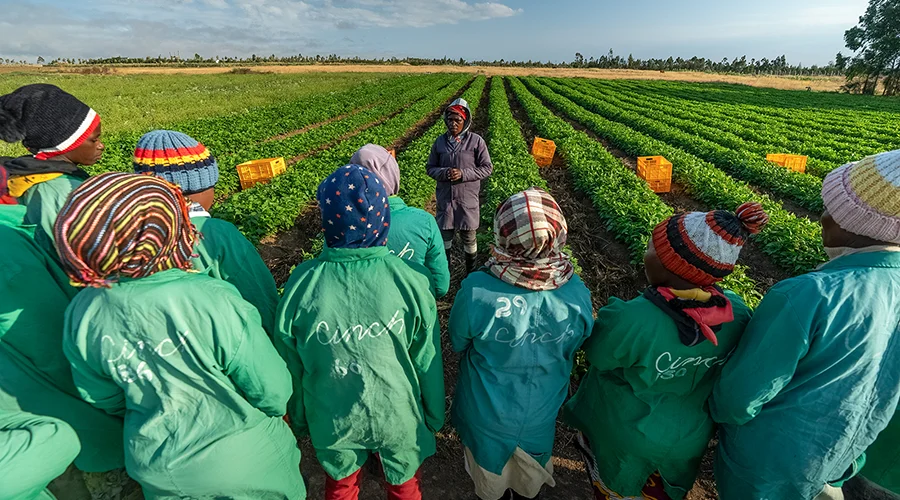
November 15, 2024
Transforming Agriculture: Cinch’s Path to Sustainable Income for Kenyan Families
October 18, 2024
Dell Aspire Scholars: India’s Future Leaders
October 16, 2024
Bridging the $200 Billion Gap: Transforming India’s Social Sector with Blended Finance
September 20, 2024
Dell Young Leaders: Turning Personal Drive into Career Opportunity
September 5, 2024
From High School to Health Care in Just 5 Months
